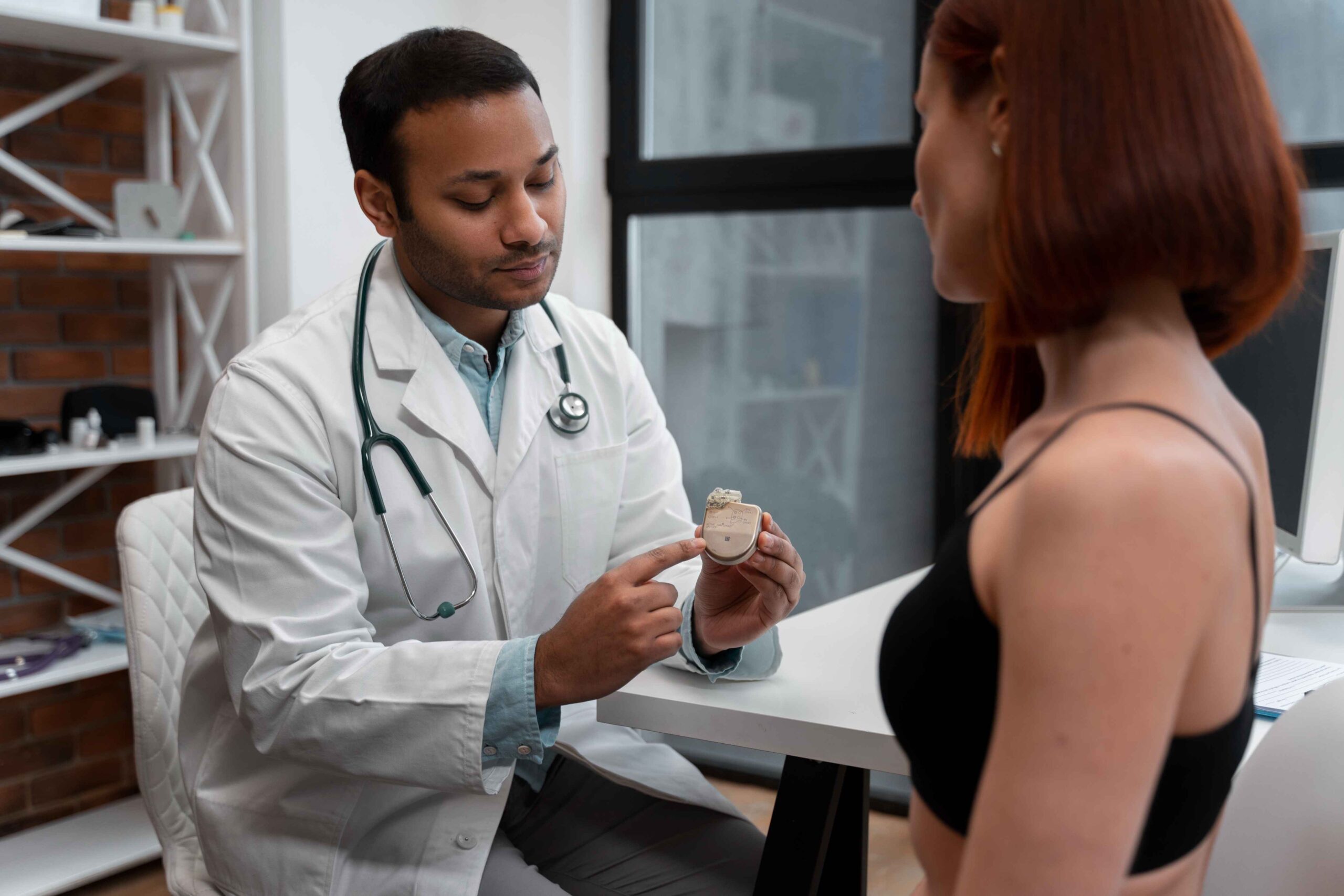Diabetes, if not managed properly, can be considered a fatal illness. This sickness causes an individual to have excessively high glucose level concentration. Diabetes’ complications can include a heart attack, stroke, renal disease, and even a loss of eye vision.
If a person is diagnosed with diabetes, they should consult an endocrinologist & diabetologist.
What is an endocrinologist?
The human body contains specific glands, and an endocrinologist can treat and care for such glands through their area of specialization. This is a highly responsible group of clinicians, as they require more qualifications. For example, endocrinologists assist pregnant women and those who experience difficulties with sex hormones. women who produce hormones and sex hormones that are in charge of pregnancy. So, if you are in search of an endocrinologist near you, make sure to research properly.
What is a diabetologist?
A diabetologist is a medical practitioner and a physician specializing in diagnosis and management treatment. A diabetologist holds great expertise regarding the complications of managing diabetes mellitus.
The Difference Between Endocrinologists and Diabetologists
Although both the endocrinologist and the diabetologists practice in the field of diabetes, their roles are different. The endocrinologist looks into broader scopes that encompass hormones that result in diabetes. However, diabetologists deal only with patients who have diabetes.
How They Work Together
Endocrinology and diabetology are a powerful combination to enhance an individual’s quality of care. It enhances care. This is how they collaborate:
- Care with a broader perspective: Thyroid or kidney complications are the categories assigned to endocrinologists, while diabetologists are assigned the day-to-day control of diabetes.
- Better Treatment Control: Hormone levels are managed by endocrinologists who adjust management when needed, while diabetologists observe the blood glucose levels continuously.
- Diabetologists offer advice on diet and lifestyle: Endocrinologists ensure that these changes are in congruence with overall hormonal health.
- Better Medications: Diabetologists prescribe specific diabetes drugs. Endocrinologists make sure that these drugs work well in tandem with other treatments.
Why You Need Both Specialists
Diabetes is not a simple condition. It is not about keeping your blood sugar in balance. It affects your whole body. That is why you need an endocrinologist & diabetologist.
When to See an Endocrinologist
- If you have type 1 diabetes.
- If your blood sugar swings too much.
- If you have complications such as nerve or kidney damage.
- If you have other hormone imbalances, you need help with.
When to See a Diabetologist
- If you have type 2 diabetes.
- If you have a new diagnosis and would like to seek advice.
- If your diet and exercise program needs assistance.
- If averts help you prevent getting a kind of diabetes,
Benefits of Combined Care
Having an endocrinologist & diabetologist has many benefits:
- Personalized treatment: Every specialist focuses on your particular needs.
Early identification of problems: They identify problems early, such as thyroid problems or deteriorating sugar levels. - Knowledge: Both specialists are updated with the latest treatments.
- Management of complications: They manage the complications of diabetes effectively.
- Team approach: They work together to create a robust care plan for you.
Who Needs This Dual Care?
Some people may need both specialists more than others. Here’s who should consider seeing both:
- Type 1 Diabetes: Patients under this type require continuous observation and hormonal treatment.
- People with Complications: Eye, nerve, or kidney problems require greater attention.
- Those with Uncontrolled Diabetes: High or low sugar levels require special care.
- Individuals Managing Other Hormonal Imbalance Issues: Thyroid or adrenal issues can impact diabetes.
What to expect at your first appointment with an endocrinologist or a diabetologist
The initial consultation with an endocrinologist or a diabetologist will begin by discussing any previous occurrences of diabetes in the patient and their family. The patient will also be prodded to ascertain if they are experiencing warning signs such as experiencing fatigue, an increased level of thirst, or an increase in urination etc.
Some of the lifestyle characteristics that the doctor will request information on include the patient’s food habits during leisure or when exercising and whether the patient smokes.
Your doctor may also perform additional tests, including blood tests to check your blood glucose levels, urine tests to check for signs of dysfunction in your kidneys, and an eye exam to detect diabetic retinopathy.
Conclusion
Diabetes is a lifelong condition. Proper care is required in managing it. You can achieve better health by working with an endocrinologist and a diabetologist. Each brings unique expertise to your treatment. Together, they ensure you live a healthier, complication-free life.
At City Med, we try to make diabetes care less of a burden for you. Our medical team is composed of experienced endocrinologists and diabetologists who help us bring you close to personalized care plans and monitoring. The lifestyle and its management with the appropriate guidelines are in place to get the best diabetes care at one point.
Faq’s:
1. Can a diabetologist treat hormonal problems?
No, a diabetologist specializes only in diabetes. Hormonal issues require an endocrinologist.
2.How often should I see an endocrinologist?
This depends on your condition. If you have complex diabetes, you may need to see an endocrinologist every 3-6 months.
3.Can one doctor manage all diabetes care?
For simple care, a primary doctor can assist. However, specialists are required for complicated cases.
4.Do I need to get a referral to consult a diabetologist?
There are times when, yes, see your primary doctor or an insurance provider.


